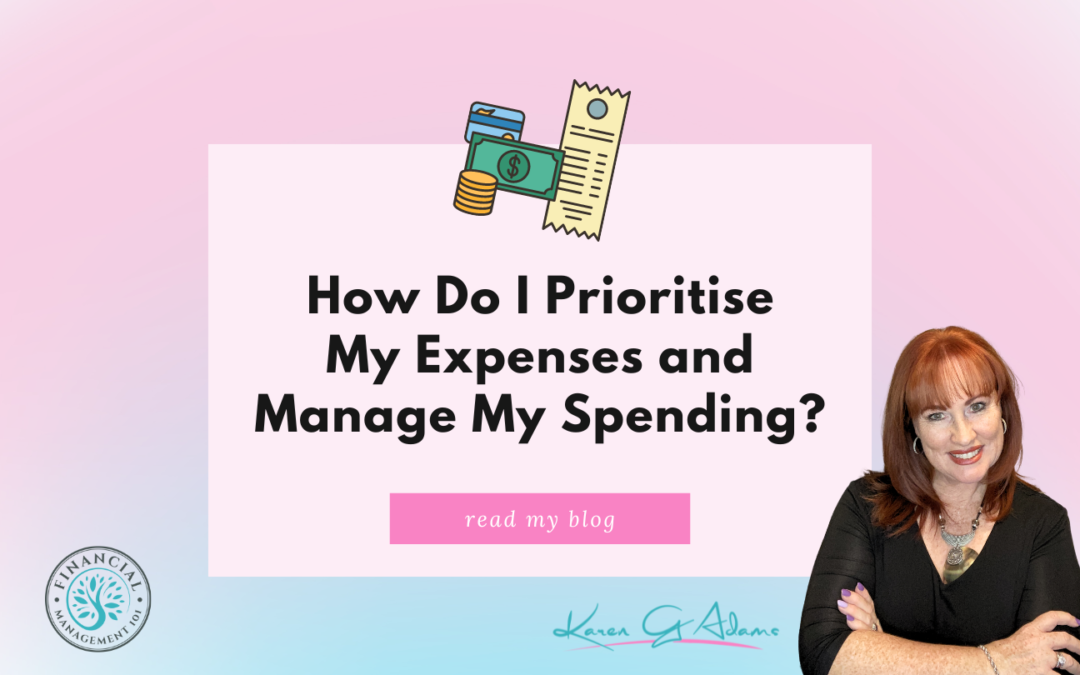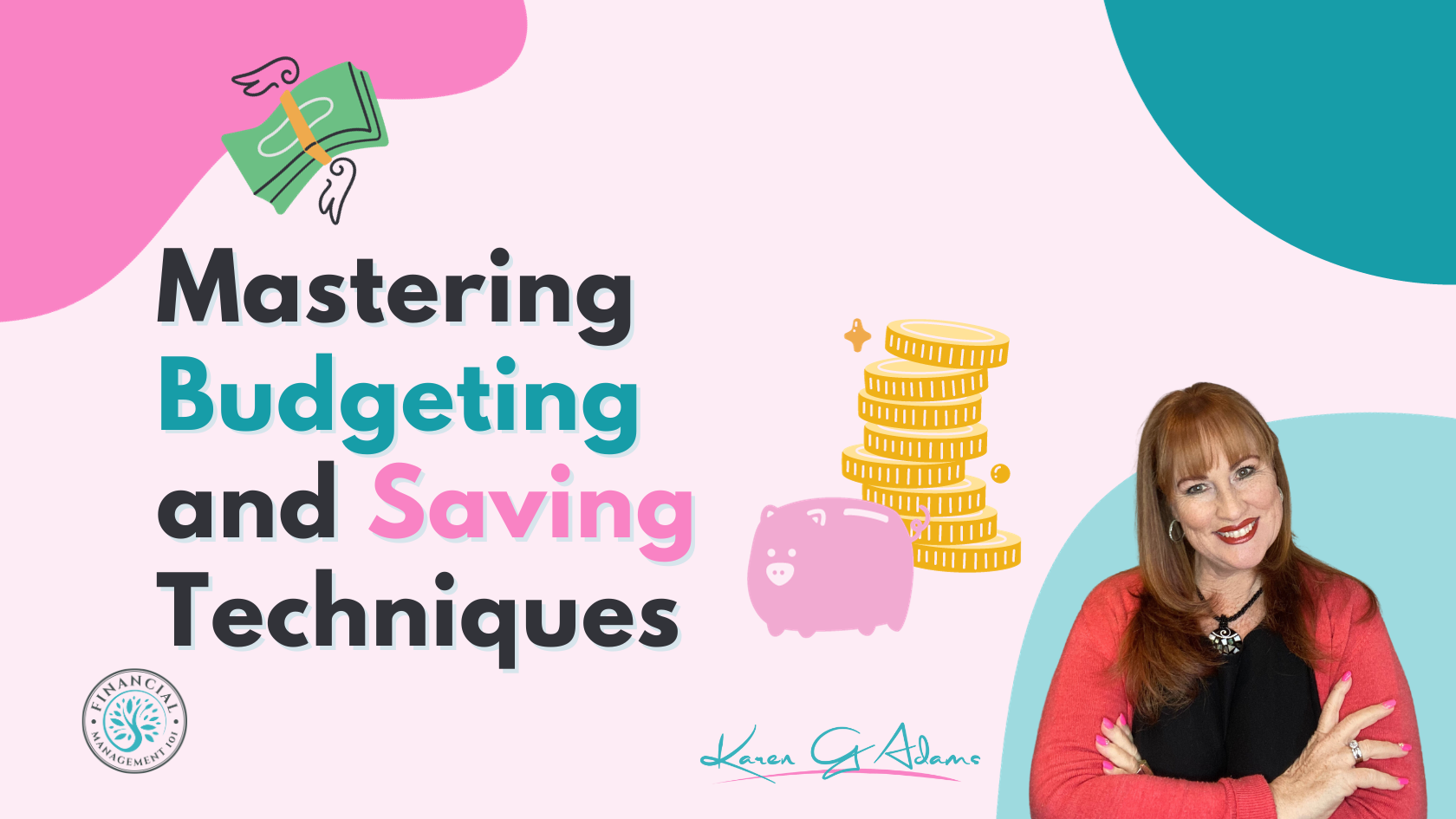Prioritising expenses and effectively managing your spending is critical for your mental health, financial stability, and future growth.
Here’s a step-by-step guide to assist you with this:
TRACK YOUR SPENDING
Before you can prioritise, you need to know where your money is going. Keep a record of all your expenses for a month or two. This can be done using budgeting apps, spreadsheets, or simply a notebook.
CREATE A BUDGET
Based on your tracking, categorise your expenses (like rent, groceries, entertainment, etc.) and allocate a specific amount to each category. Be realistic in your allocations.
IDENTIFY NEEDS VS. WANTS
Separate essential expenses (needs) like rent, utilities, and groceries from non-essential (wants) like dining out, entertainment, etc. Prioritise your needs.
SET FINANCIAL GOALS
Define your short-term (like saving for a holiday) and long-term (like saving for retirement) financial goals. This will help you stay focused and motivated.
SAVE FIRST
Adopt a “pay yourself first” approach. Allocate a portion of your income to savings or investments before you start spending on non-essentials.
REDUCE UNNECESSARY EXPENSES
Look for areas where you can cut back. This might include dining out less, cancelling unused subscriptions, or opting for more affordable entertainment options.
EMERGENCY FUND
Build an emergency fund that can cover at least 3-6 months of living expenses. This should be a priority as it provides a financial cushion.
USE TOOLS AND RESOURCES
Utilise budgeting tools, financial planning apps, or consult with a financial advisor for personalised advice.
REVIEW AND ADJUST REGULARLY
Your budget is not set in stone. Review it regularly and make adjustments as your income, expenses, and financial goals evolve.
AVOID HIGH-INTEREST DEBTS
Try to minimise reliance on credit cards or high-interest loans. If you have existing debt, prioritise paying it off.
EDUCATE YOURSELF
Continuously learn about personal finance. Understanding concepts like compound interest, investment, and credit scores can significantly improve your financial decision-making.
MINDSET AND DISCIPLINE
Cultivating a mindset of financial discipline and delayed gratification is key. This includes resisting impulse purchases and making informed spending decisions.
Remember, personal finance is personal. Your priorities and goals will dictate how you manage your spending, so tailor these steps to fit your unique situation.




